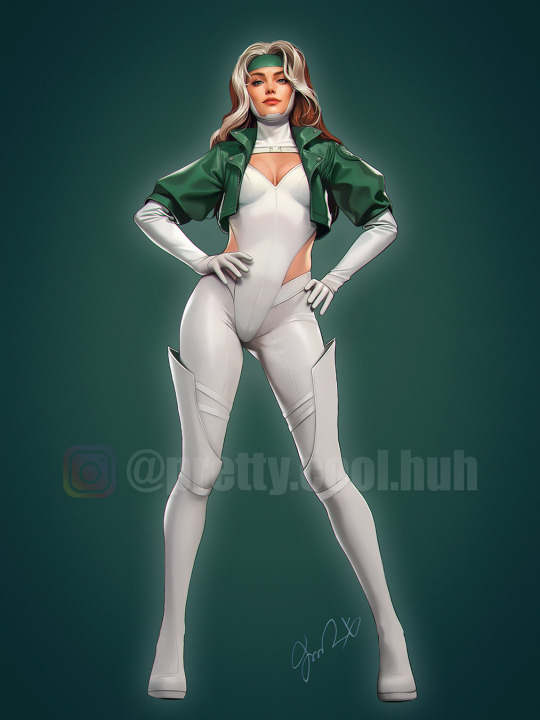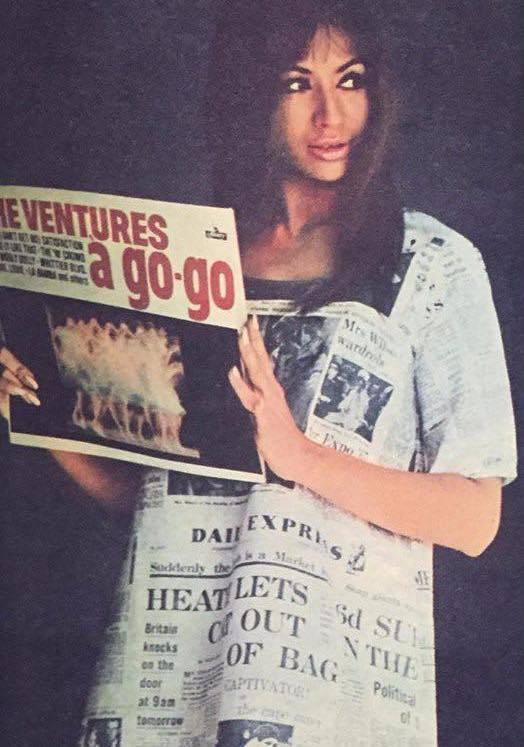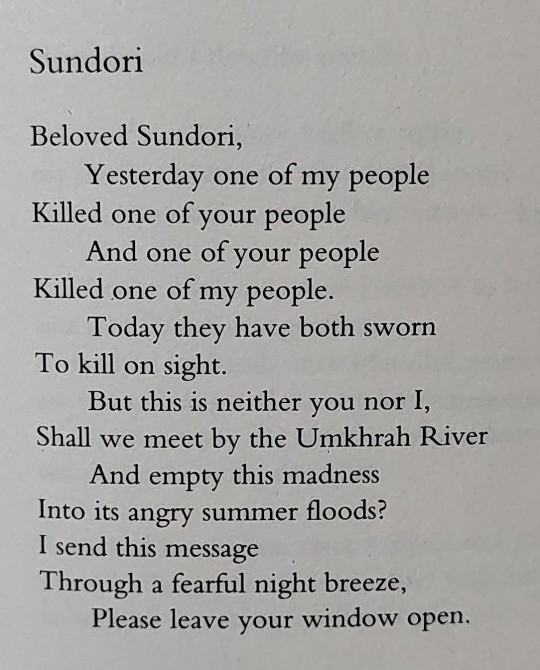#Jerry Pinto
Explore tagged Tumblr posts
Text

- Jerry Pinto, Em and The Big Hoom (2012).
The novel is a fictionalized memoir of the author's childhood as a Goan Catholic in Mumbai, India, living with a mother who had bipolar disorder.
I highly recommend the book, as one of the truest, most moving portrayals of living with mental illness in contemporary India.
#books#mimimakes#quotes#indian literature#india#desiblr#desi literature#literature#disability#text#fiction#mental illness#on grief#em and the big hoom#jerry pinto#book quotes
98 notes
·
View notes
Text
The house is quiet. I’m alone at home. For a while, I basked in bed in the shifting arabesques of light diffusing through the leaves of the tagar. Then I got up slowly, and went down to the backyard, and sprawled on the low wall for a single moment. The silence made me feel like a stranger in my own home. I walked around the house quietly, as a stranger might. The chirping of sparrows filled the kitchen. The other rooms were quiet, empty, forsaken.
—Sachin Kundalkar, Cobalt Blue tr. Jerry Pinto
#the fact that these are the first few lines god i knew i was gna love this book or atleast the first part#cobalt blue#sachina kundalkar#jerry pinto#indian literature#marathi literature#सचिन कुंडलकर#कोबाल्ट ब्लू#words#2023 reads#mine
31 notes
·
View notes
Text
She looked at me, a cold, hard stare. 'It is a quote, isn't it?' 'It feels like one.' 'I hate quotes,' she said fiercely. 'I feel like I'm talking to a book. I feel like I'm talking to history. I feel like I'm being practised upon.' 'Practised upon?' 'For a public performance. For a debate club. For some schoolboy shit like that.' She refused to be drawn any further and stomped off for a beedi.
0 notes
Text
“Mad is an everyday, ordinary word. It is compact. It fits into songs. As the old Hindi film song has it, M-A-D, mad mane paagal. It can become a phrase – ‘Maddaw-what?’ which began life as ‘Are you mad or what?’. It can be everything you choose it to be: a mad whirl, a mad idea, a mad March day, a mad heiress, a mad mad mad mad world, a mad passion, a mad hatter, a mad dog. But it is different when you have a mad mother. Then the word wakes up from time to time and blinks at you, eyes of fire. But only sometimes, for we used the word casually ourselves, children of a mad mother. There is no automatic gift that arises out of such a circumstance. If sensitivity or gentleness came with such a genetic load, there would be no old people in mental homes.”
From Em and The Big Hoom by Jerry Pinto
1 note
·
View note
Text


Costume design by Jerry Matthews
55 notes
·
View notes
Note
hi do you have any book recs by indian/indian origin authors on the queer indian experience? just not anything do w those books trying to link hinduism and queerness lol (looking at you devdutt pattnaik…)
cobalt blue by sachin kundalkar, originally written in marathi but there's an english translation by jerry pinto
the truth about me: a hijra life story by a. revathi originally written in tamil with an english translation by v. geetha (this one's an autobiography)
any of hoshang merchant's poetry work but he's most known for his anthology yaarana
i'm actually not sure if lamya h. (the author of hijab butch blues) is indian; all i've seen is that they're a south asian muslim from an urdu speaking family but i'll still rec this
the boyfriend by r. raj rao; set in the gay subculture of mumbai and discusses caste and class
tldr; anything that's Not devdutt pattanaik lol
27 notes
·
View notes
Note
I’ve been meaning to read more of Indian authors lately since I sometimes feel kinda ashamed to consume so much of foreign books but not of my own country, but the thing is … I just can’t get into most of them (that I’ve tried so far ). I’ve dnf’ed so many and I don’t even consider myself a picky reader. so it’d be helpful if you suggest some of your favourites that aren’t internationally popular ones.
I understand; I'm also very picky with the Indian authors I read, but here are some I've liked:
Battlefield by Vishram Bedekar (trans. Jerry Pinto): about two refugees fleeing wartime Europe (one Hindu, one Jewish), who meet on a ship and grow really close
Maharani by Ruskin Bond, or Room on the Roof, or The Blue Umbrella: I will turn myself inside out recommending Ruskin Bond, but these are my top three for you
Em and the Big Hoom by Jerry Pinto: about an East Indian family in Mumbai dealing with the mother's mental health; it's a really touching book
Our Moon Has Blood Clots by Rahul Pandita: a memoir of the Kashmiri Pandit genocide and its aftermath; it's a chilling memoir, but really good
English August by Upamanyu Chatterjee: about this elite bureaucrat who gets posted to the "hottest town in India" and how he deals with the locals; it has good satire going for it
Raag Darbari by Shrilal Shukl: another satire; follows a village and through it, explores democracy in early Independent India (or lack of it), the transition for the landed elite and generally most of the village to a democratic society. If you can read Hindi, I would recommend reading the original. If not, there's a translation by Gillian Wright.
153 notes
·
View notes
Note
sorry if you've already said, but can i ask what ur favorite books r? including of the variety about a depressed korean man getting a divorce
truthfully i don't read as much as i would like but i am trying to change that 🥲 need to become a guy who goes to the library regularly i love the library
stuff i've read and liked enough that i'd tell other people to check them out:
native speaker by chang rae lee (this is the depressed korean man one LOL though he is not technically getting a divorce they are estranged. for reasons)
bestiary by k ming chang (not an especially easy read, but imo worthwhile and interesting)
the cabinet by kim un-su, tr. sean lin halbert (this one's just fun)
universal harvester by john darnielle (i understand why it has kind of mixed goodreads reviews, but i enjoyed it and have enjoyed turning it over in my head after finishing it)
em and the big hoom by jerry pinto (made me cry the first time i read it; i suspect i might have different feelings on it now but you can tell it's a very personal story and it Got to me)
the argonauts by maggie nelson
basically anything by chuck palahniuk
i also really liked crying in h mart though i have complicated feelings wrt how people talk about it (to some extent including michelle zauner herself) lol
stuff i haven't read/finished but want to:
dictee by theresa hak kyung cha (i mention this like once every two months. i want to finish it so bad it just takes so much of my brainpower)
baru cormorant series by seth dickinson
pachinko by lee min jin (watched the apple tv series w/ my family and liked it; my mom said she tried to read the book and thought it was boring LOL but i kind of want to check it out)
tender is the flesh by agustina bazterrica
kim ji-young born 1982 by cho nam-joo
#mingbox#harshi and my sister love to tell me to read books. and i love to go So true! and then not do it
23 notes
·
View notes
Text

* maga- an enchantress
It’s time for another response poem.
This time, I responded to a cheeky piece by writer Jerry Pinto.
You can find his poem here: https://amp.scroll.in/article/825351/i-want-a-poem-a-poem-by-jerry-pinto
2 notes
·
View notes
Text

Happy Birthday, #Helen (21/11).
Helen's foray into Bollywood began with a little help from a family friend, actress Cuckoo. Starting with group dance roles in movies like "Shabistan" (1951) and "Awaara" (1951), Helen quickly became a regular in the industry. Her talent shone through, earning her solo dance spots in films such as "Alif Laila" (1954) and "Hoor-e-Arab" (1955). Notably, she also appeared as a street singer in "Mayurpankh" (1954).
A significant breakthrough came in 1958 when Helen was just 19. Her performance in the song "Mera Naam Chin Chin Chu" from the film "Howrah Bridge" captured hearts. Sung by Geeta Dutt, this song marked the start of a series of successful projects for Helen. The 1960s and 1970s saw her rise to fame, with Geeta Dutt lending her voice for many of Helen's performances. During this period, Helen often portrayed characters who would perform a song or dance and then exit the plot, paving the way for the film's lead actress.
By 1969, Helen had become a household name, even gracing the cover of Filmfare Magazine. Another prominent singer, Asha Bhosle, frequently provided playback for Helen's performances, especially during the 1960s and early 1970s. Helen's versatility wasn't just limited to dance; she was nominated for the Filmfare Award for Best Supporting Actress in 1965 for her role in "Gumnaam". Her dramatic roles in "China Town" and "Sachaai" (1969), alongside Shammi Kapoor, were box office hits. She also portrayed a compelling character in "Chhote Sarkar" (1974), co-starring Shammi Kapoor and Sadhana. Helen's hit dance numbers included 'Suku Suku' in "Junglee", 'Yamma Yamma' in "China Town", and several others.
Helen's fame wasn't confined to the Indian cinema; she performed on stages in London, Paris, and Hong Kong. In 1973, "Helen, Queen of the Nautch Girls", a 30-minute documentary by Merchant Ivory Films, highlighted her life and career. This was followed by Jerry Pinto's book "The Life and Times of an H-Bomb" in 2006, which won a National Film Award. Writer Salim Khan played a key role in Helen's career, casting her in several films he co-scripted. Her performance in "Lahu Ke Do Rang" (1979) earned her the Filmfare Award for Best Supporting Actress. In recognition of her contributions, Helen received the Filmfare Lifetime Achievement Award in 1999.
Though she officially retired in 1983, Helen made occasional appearances in films like "Khamoshi: The Musical" (1996) and "Mohabbatein" (2000). She also appeared alongside her real-life step-son #SalmanKhan in "Hum Dil De Chuke Sanam" and in "Humko Deewana Kar Gaye" (2006). Her contributions were further acknowledged when she was selected for the Padma Shri in 2009, alongside Aishwarya Rai and Akshay Kumar. Helen also served as a judge in the semifinals and finals of India's 2009 "Dancing Queen" television series.
12 notes
·
View notes
Text

Kynpham Sing Nongkyrih
Loved Funeral Nights? Read the author's interview where he talks about the process of writing his tome, Meghalaya, and the book being called Moby Dick of India by Jerry Pinto.
2 notes
·
View notes
Text
cobalt blue
once you asked me to soap your back. i took off my t-shirt and rolled my trousers up to the knees. i washed your back and then came out, rolled my trousers down again and put on my t-shirt. then i sat down at the table and began reading.
i realized that i had gradually stopped going to the station road, stopped visiting chat rooms. and this despite the fact that we didn't hold hands for days. as i sat there reading, i glanced back to see you standing at the mirror, drying your hair. it occurred to me then that the change had happened to itself, on its own. you were there all the time. you were mine alone. or so i thought.
in my head i united our names, inscribed them on a brass plate and attached them to a mahogany door that you had carved. our door was the most beautiful in the entire building. everyone would know what a creative person --- with a bright, cool, clear mind --- lived behind the mahogany door. when we discovered that we wanted the same colours on the wall, we high-fived each other. but it couldn't have been any other way. i hadn't given much thought to colour before you came into our lives. you wanted a wood floor; the last room would be your studio. our doors would always be open to our friends: some theatre people, some artists.
when aai and baba dropped in on us, a surprise visit, they always wondered why we took so much time to open the doors. that was because we had seen them through the peephole and we'd rushed about, taking down the nudes you'd just finished from the walls. and as soon as we opened the door, one of them would say, 'why does it always take you hours to open the door? why lock the door anyway? who's coming to steal your stuff?'
on her way to put down all her dabbas in the kitchen, aai would add, 'now that you're doing all this, the least you could do is learn the wipe the counters properly, no?' then she would wipe them herself.
- cobalt blue by sachin kundalkar, translated from marathi by jerry pinto
2 notes
·
View notes
Text
But in the afternoon, my limbs began to feel heavy and I felt alone again. The future frightened me so much I began to cry. I did not know what was going to happen to me. I felt that everyone must be laughing at me. My head began to fuzz over. Sitting in a chair, I began to cry copiously. I wept on and on until my breath began to catch in my throat.
—Sachin Kundalkar, Cobalt Blue tr. Jerry Pinto
#she's so sarahcore#sachin kundalkar#Jerry Pinto#cobalt blue#सचिन कुंडलकर#कोबाल्ट ब्लू#indian literature#marathi literature#2023 reads#words#mine
30 notes
·
View notes
Text
You can cry in public as long as you do not sob. Tears are transparent. If you’re walking fast, if the sun’s too strong, no one notices. Sobs intrude. They push their way into people’s consciousness. They feel duty-bound to ask what has happened.
- Jerry Pinto, Em and the Big Hoom
5 notes
·
View notes
Text
Avalanche frankensteiner
1. The Eagles's approachable hand
2. Jamie-Lynn Sigler's approachable hand
3. Tate Donovan's approachable hand
4. Salman Khan's approachable hand
5. Dean McDermott's approachable hand
6. Jerry Ferrara's approachable hand
7. Natasha Richardson's approachable hand
8. Janice Dickinson's approachable hand
9. John Stamos's approachable hand
10. Jason Sudeikis's approachable hand
11. David Letterman's approachable hand
12. Cheyenne Kimball's approachable hand
13. Roger Federer's approachable hand
14. Vince Vaughn's approachable hand
15. Sarah Michelle Gellar's approachable hand
16. Freddie Prinze, Jr.'s approachable hand
17. Katherine Heigl's approachable hand
18. Kobe Bryant's approachable hand
19. Jaime King's approachable hand
20. Lorde's approachable hand
21. Mia Farrow's approachable hand
22. Edward Burns's approachable hand
23. Sadie Frost's approachable hand
24. Christian Slater's approachable hand
25. Freida Pinto's approachable hand
26. Kelly Rowland's approachable hand
27. Florence Henderson's approachable hand
28. Rob Kardashian's approachable hand
29. Brooke Shields's approachable hand
30. Carmelo Anthony's approachable hand
31. Wilmer Valderrama's approachable hand
32. Molly Sims's approachable hand
33. Kirsten Dunst's approachable hand
34. Leelee Sobieski's approachable hand
35. Jersey Shore's approachable hand
36. Whitney Port's approachable hand
37. Tiger Woods's approachable hand
38. Jillian Harris's approachable hand
39. Joshua Jackson's approachable hand
40. Kris Polaha's approachable hand
41. Nicky Hilton's approachable hand
42. Ryan Gosling's approachable hand
43. Elle Fanning's approachable hand
44. Orlando Bloom's approachable hand
45. Matthew Fox's approachable hand
46. Josh Hartnett's approachable hand
0 notes
Text


Costume design by Jerry Matthews
26 notes
·
View notes